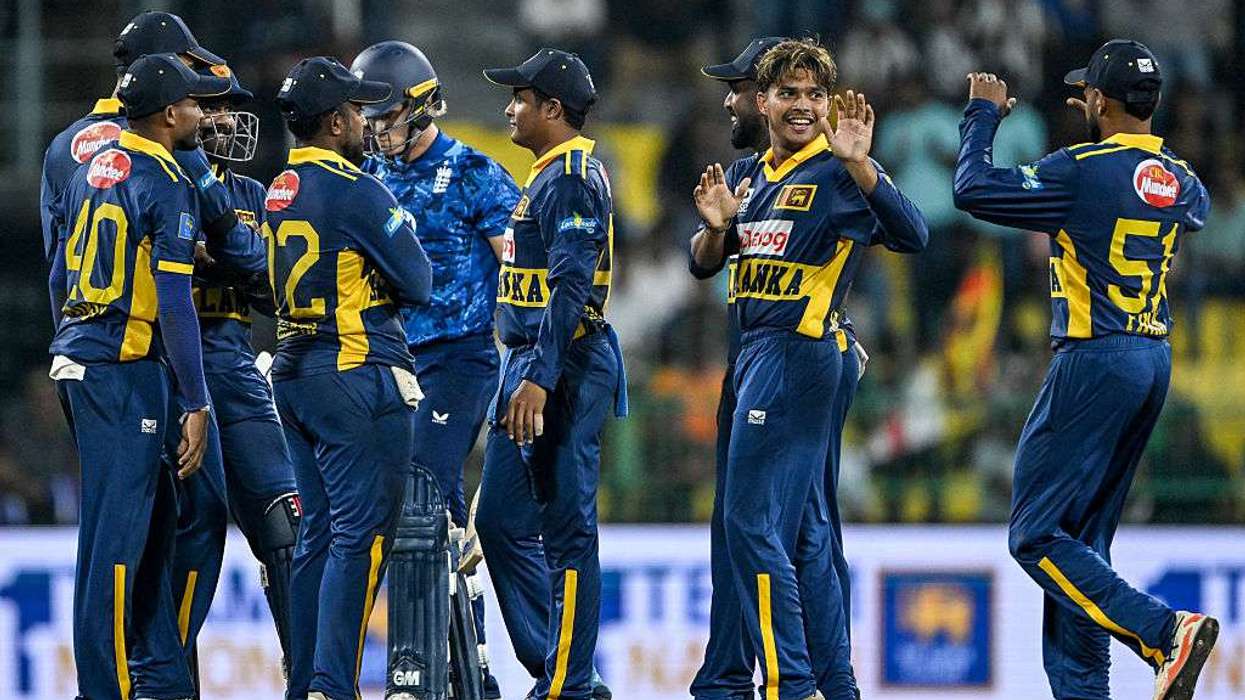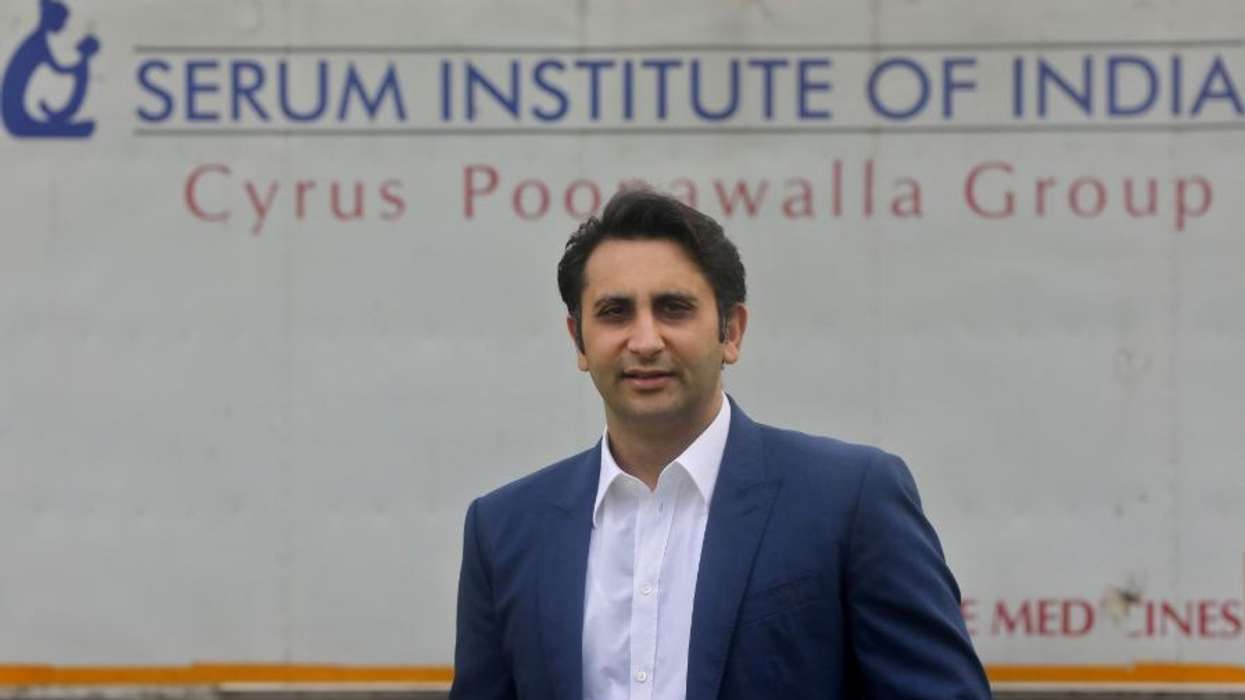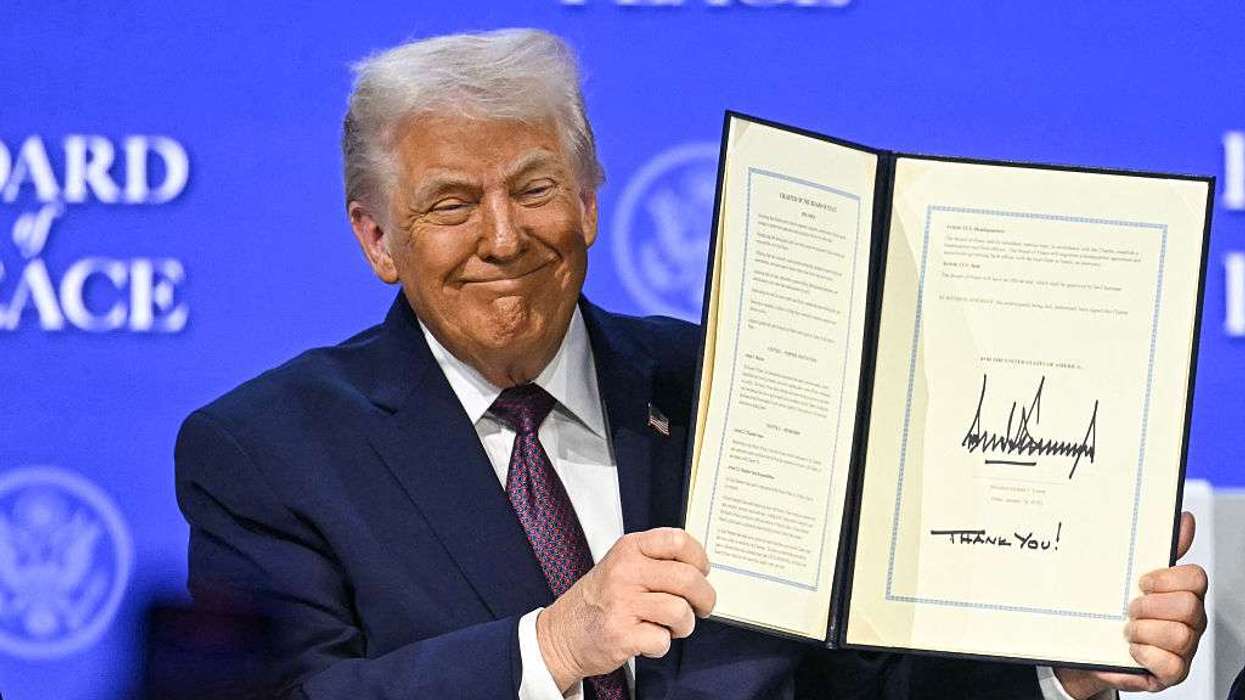ROYAL CHALLENGERS BENGALURU (RCB) and Virat Kohli won their first Indian Premier League (IPL) title on Tuesday, ending a 17-season wait by defeating Punjab Kings by six runs in the final in Ahmedabad.
Bengaluru posted 190-9, with Kohli top-scoring for the side with 43. The bowlers then restricted Punjab to 184-7, despite an unbeaten 61 off 30 balls by Shashank Singh.
Kohli was seen in tears as Bengaluru prepared to shed the underachievers tag that has followed them since the league began in 2008.
After being asked to bat first at the Narendra Modi Stadium, Bengaluru failed to build big partnerships and fell short of the 200-run mark. Kohli anchored the innings, but the team was unable to accelerate significantly.
At the halfway point, Bengaluru were 87-2, with enough overs left for others to build around Kohli. However, Azmatullah Omarzai dismissed Kohli with a well-directed bouncer, taking a running, tumbling return catch.
Jitesh Sharma added 24 off 10 balls to give some momentum to the innings. Liam Livingstone contributed 25, but the team couldn’t take full advantage in the death overs.
Punjab’s Kyle Jamieson picked up 3-48, and Arshdeep Singh bowled a tight final over, conceding only three runs and taking three wickets.
Punjab began the chase strongly. Opener Prabhsimran Singh, on nine, was dropped by Romario Shepherd in the deep. Josh Hazlewood, however, struck soon after as Phil Salt took a catch in the deep to dismiss Priyansh Arya (24), ending a 43-run opening stand.
Krunal Pandya removed Prabhsimran, and Shepherd dismissed Punjab captain Shreyas Iyer to put Bengaluru in control.
Pandya struck again to get rid of Josh Inglis (39), and Bhuvneshwar Kumar dismissed Nehal Wadhera and Marcus Stoinis in the same over, sealing the win for Bengaluru.




